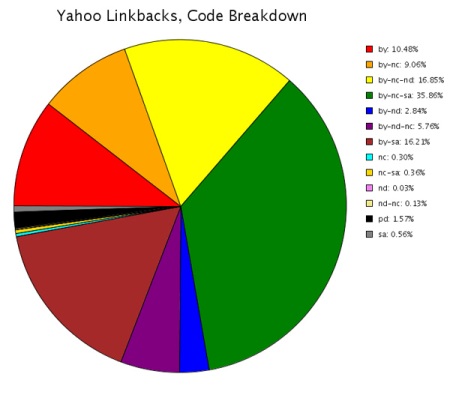Pirates of the Multiplex
(The article may require registration). Once again we are being warned that movies are in danger of becoming a thing of the past by internet pirates and DVD-copying rings. This is another article that warns that movies will become impossible because of pirates. I have many problems with the underlying assumptions here. The first one is that we have yet one more article that conflates DVD-burning and bootleg-selling to P2P and internet downloads. Then the movie industry claims that they have lost $3 billion USD in sales due to piracy. How do they calculate that? They keep assuming that a download or a person who buys a dodgy DVD would have purchased their product anyway, which is not proven.
We then get another serving of the horror stories of movies downloads. We are told once again how Star Wars Episode III was downloaded before it made it to the cinemas, but there is no mention that the movie earned $834 million USD worldwide in ticket sales. Then we are told that 100 thousand people downloaded "War of the Worlds" online ($570 million USD worldwide gross).
Then we are treated to a bizarre description of cammer rings, where people actually go to the movie and film it, then offer it online. The FBI is after them. Perhaps I am a bit naive about this stuff, but I really cannot see that a person will not go to a movie and will prefer to spend hours downloading a lesser quality picture. Have these people considered that people are still going to the movies, and downloading the work so that they can view it again before the DVD comes out?
Then we get to the real meat of the article, the bootlegs. I am amazed by the fact that the phasing between both activities is made almost without a glitch. They are both parts of the same coin. The fact that people in Peru cannot buy full-priced DVDs is not really mentioned.

 del.icio.us
del.icio.us


 I have been reading many different reports over the weekend regarding a supposed patent dispute between Microsoft and Apple over the iPod. The more I read about it, the more confused I become, because this seems like one of those stories invented by bored journalists with nothing else to do during the silly season. It seems like it all began with
I have been reading many different reports over the weekend regarding a supposed patent dispute between Microsoft and Apple over the iPod. The more I read about it, the more confused I become, because this seems like one of those stories invented by bored journalists with nothing else to do during the silly season. It seems like it all began with 

 .
. Playing
Playing 



